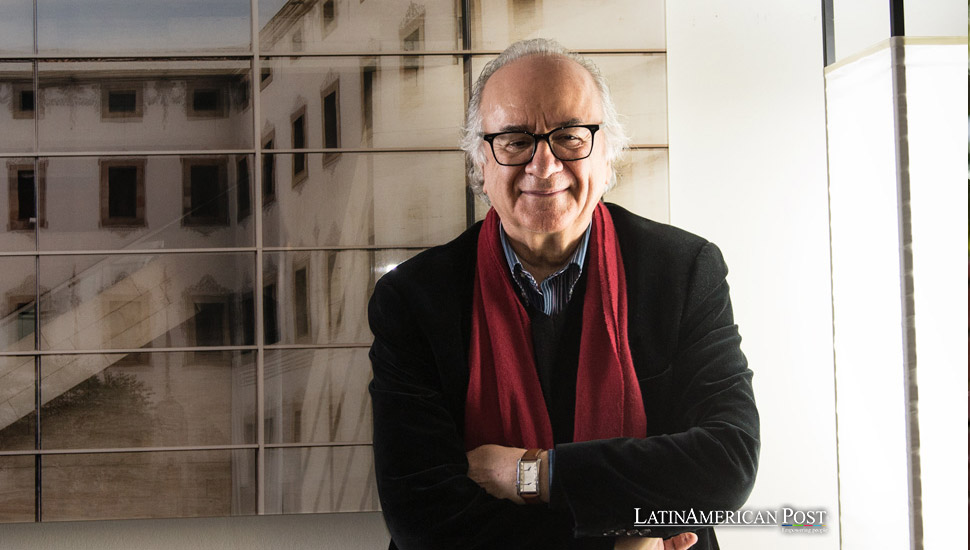Boaventura de Sousa Santos: “The spirit of the times influences what intellectuals think of their own work”

The renowned Portuguese intellectual and sociologist, Boaventura de Sousa Santos, has forged throughout his career a legacy of dense and fruitful thought that will endure in posterity. In a reflection on his own career and the reception of his works, Sousa Santos addresses the complexity of the relationship between the intellectual and his time, as well as the influence of the present in the assessment of his work, since the judgment on it is subject to the currents and prejudices of the time.
In his reflections, Sousa Santos highlights the complexity inherent in the assessment of his own work in the context of the spirit of the times. He points out that the present significantly influences the perception that intellectuals have of their contributions, and what remains of his work is, ultimately, the distillation that the future makes in its own time.
What have been the most important works of Boaventura de Sousa Santos?
A milestone in his career was the speech on science, delivered at the University of Coimbra in 1986, during a period of renewed effervescence in Portugal following the April 25 Revolution. This speech, initially the prayer of wisdom at the opening of the academic year, generated intense and contradictory reactions among his peers, ranging from enthusiastic support to total rejection. Its publication in 1987 resonated not only in academic circles but also in secondary education, evidencing the breadth of its impact.
Another turning point in Boaventura de Sousa Santos’ career was the publication of his doctoral thesis in 1974, entitled “Law Against Law: Legal Reasoning in Pasargada Law.” The notoriety of this work was enhanced by its publication at the CIDOC in Cuernavaca, directed by the influential pedagogue Iván Illich. In a context of intellectuals and activists fleeing dictatorships in Latin America, this publication acquired a special meaning. The inclusion of a lengthy article summarizing the thesis in the respected journal Law and Society Review in 1977 underlines the enduring relevance of his work.
A paradigmatic example of this dynamic is his speech entitled “A Discourse on the Sciences”, initially delivered at the opening of the academic year at the University of Coimbra in 1986. At that time, Portugal was experiencing a period of renewal following the 25 April Revolution. The reception of this speech was varied, from enthusiastic support to outright rejection, reflecting the diversity of perceptions generated by its revealing content.
In 1994, Sousa Santos handed in the manuscript of “Towards a New Common Sense”, with the conviction that he was presenting a revolutionary work on science, law and globalization. This moment, accompanied by a poem expressing the intensity of his creation, marked a milestone in his career. However, uncertainty about the future of his contribution and work persists, aggravated by his foray into the epistemologies of the South from 2010 onwards, culminating in his most recent work, “The End of the Cognitive Empire” (Almedina, 2019).
On the other hand, Boaventura de Sousa Santos reveals another aspect of his intellectual identity by sharing his facet as a poet, with eleven published books, some of which were recognized in Brazil. The duality between his recognition as a sociologist and a poet raises questions about the identity logic that classifies individuals into watertight compartments. The question of whether he will be considered as good a poet as a sociologist in the future reflects the constant tension between the multiple dimensions of his creative being.

